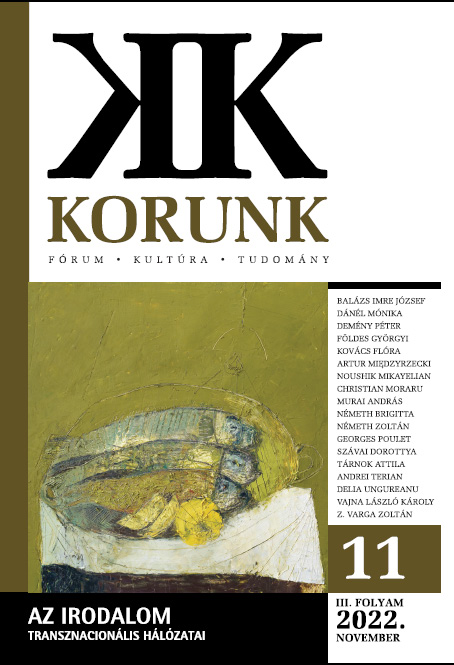„Nem is tudtam, mi az, hogy Gulag”. Túlélők sorsa a családi emlékezetben
“I didn’t know what was Gulag”. The Fate of Survivors in Family Remembrance
Author(s): András Murai, Brigitta NémethSubject(s): Post-War period (1950 - 1989)
Published by: Korunk Baráti Társaság
Keywords: Gulag; family remembrance; Kádár era; interview
Summary/Abstract: The aim of the present paper is to explore the transmission of the experiences of the Gulag-survivors in their families. The fate of the Hungarians who had been deported to Soviet labour camps was a taboo during the Kádár regime. Survivors, trying to protect their family members as well as themselves, did not even talk to their own families about the horrible experience they had gone through. How could their descendants learn about the stories of their parents? What sign used in their families referred to their parents’ experience in the Soviet forced labour camps? In order to find out the answers to these questions, we conducted several interviews with the children of Gulag-survivors, who are now in their 60s and 70s. During Socialism, parents, who had been to the Gulag were extremely cautious and silent about most of the things they had experienced. However, there were certain signs, which their children interpreted later in their adulthood as hidden references to the Gulag, such as the expression “captivity”, the use of Russian language, keeping in touch with their former fellow prisoners, and the stigmatisation of their families in their living environment.
Journal: Korunk
- Issue Year: 2022
- Issue No: 11
- Page Range: 96-105
- Page Count: 10
- Language: Hungarian

